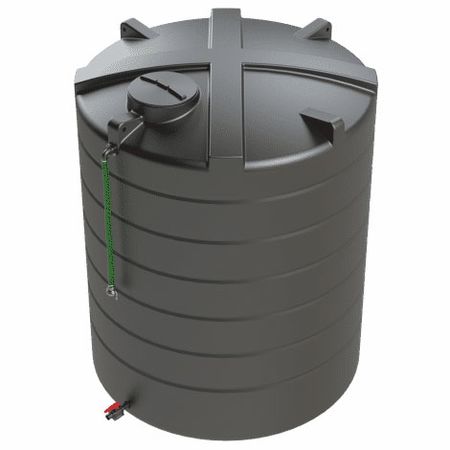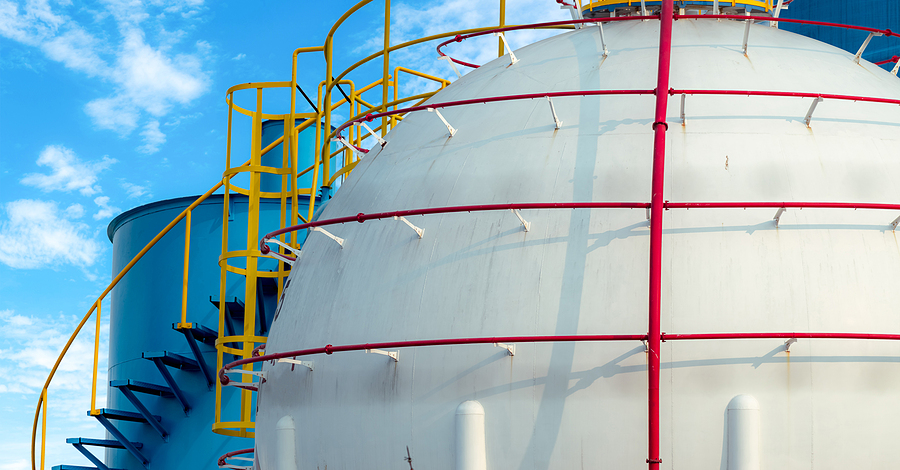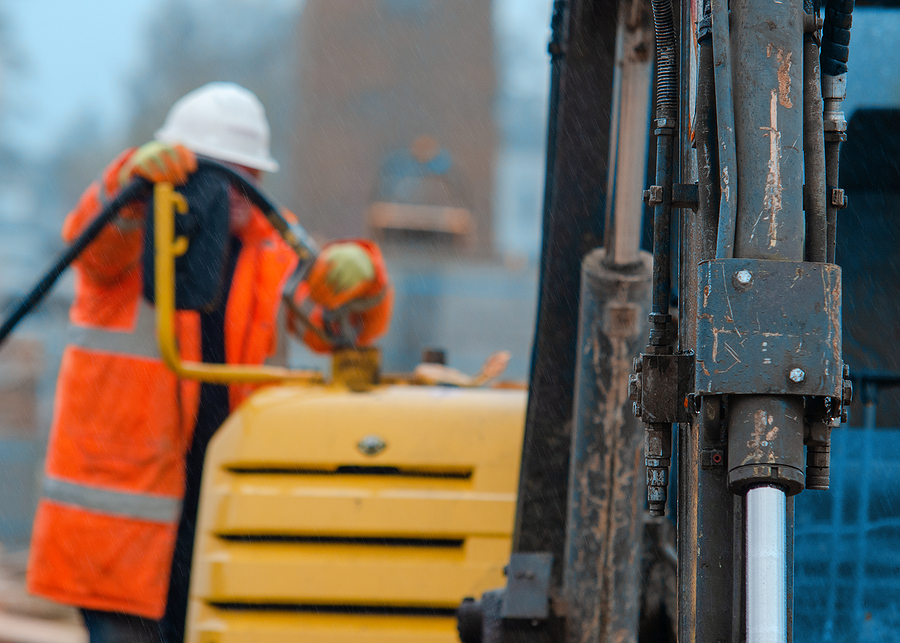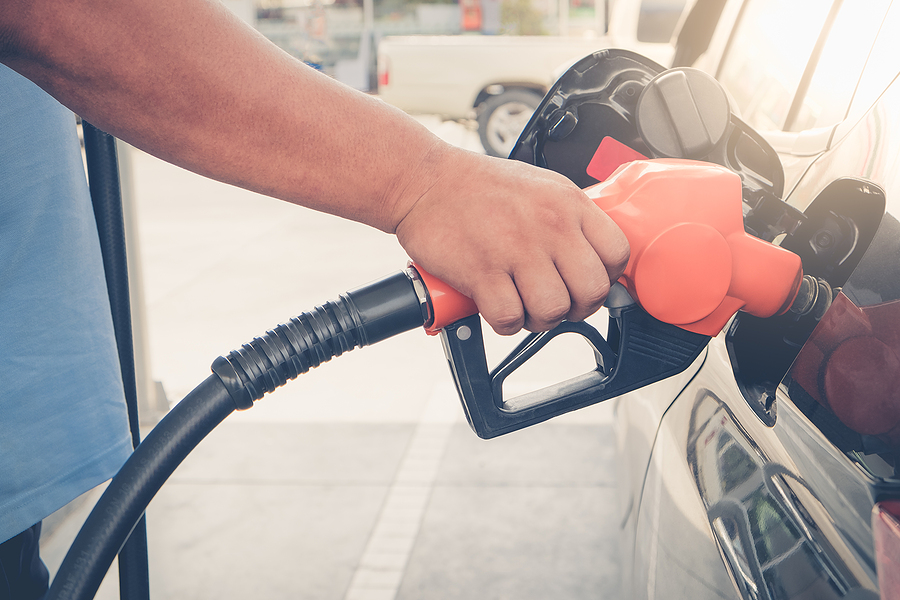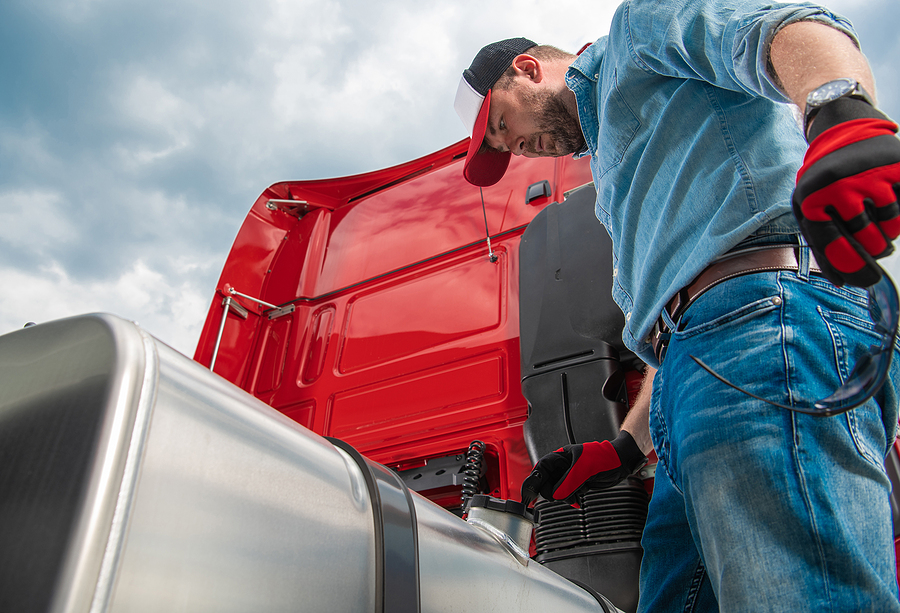How To Choose The Right Fuel Storage Tank

Using the correct tank to store fuel oil for domestic purposes is important to comply with safety, building, and environmental regulations. If you are in the process of deciding what type of tank to purchase, and where to locate it, here are some general points to bear in mind.
What type of
tank is best for your needs?
Fuel tanks are available in a range of shapes and sizes, and are typically made from plastic or steel. The most important thing to look for is a recognised European, British, or industry standard, such as the OFTEC Standards . This will prove that the tank has been manufactured and tested to strict quality standards.
Tanks installed
near to a river, well, or other water source will require some form of secondary
containment to minimise the pollution risk from leaks. If you are considering
buying a second-hand tank, have it inspected by a qualified technician first,
as it may have hidden corrosion or cracks which aren’t obvious to you.
Where is the
best place to locate a fuel tank?
There are strict rules for the placement of oil tanks, to minimise fire hazards. The full regulations can be found here . When placed outside, they should be at least 1.8m away from a non-fire rated building or other structure, and 1.8m away from openings in a fire rated building.
Fuel tanks can be
located inside, but they must be self-contained within a 60-minute fire rated
chamber. To install a tank underground, you will need to enquire about planning
permission, as there are likely to be building and environmental regulations.
The tank needs to
be installed on a secure base that is adequate for the weight of the tank and
its contents. The base must be level and extend beyond all sides of the tank,
and made from a non-combustible material, such a stone or concrete.
If you are looking for a 2500 ltr oil tank, please contact us today.



